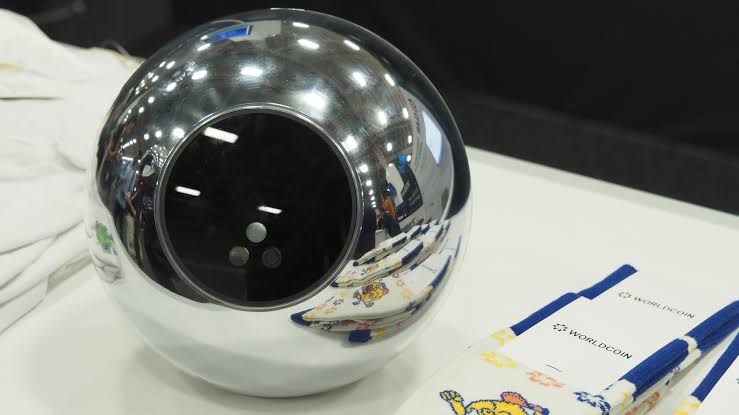On Saturday, Kenyan authorities searched the Worldcoin warehouse in Nairobi, according to local news outlets, seizing records and equipment.
According to media sources, Tools for Humanity, the parent business of Worldcoin, neglected to reveal its genuine purpose when it incorporated in Kenya, according to Immaculate Kassait, commissioner of Kenya’s Office of the Data Protection. According to sources, a police squad brought Worldcoin data to the Directorate of Criminal Investigations’ main office for analysis.
Sam Altman, a software entrepreneur and the CEO of OpenAI, the organisation that created the well-known artificial intelligence application ChatGPT, co-founded Worldcoin.
By utilising iris scans, artificial intelligence, and zero-knowledge proofs, Worldcoin seeks to introduce a new method of confirming that an online user is both human and singular. Worldcoin token grants are available to verified users. A wallet where the Worldcoin token is delivered can be included in applications built by developers on top of this identification protocol.
Kussait, according to reports, oversaw the raid. A spokesperson of the Office of Data Protection Commissioner (ODPC) stated that he was not aware of any such operation.
Users could earn airdrops of the Worldcoin token after the project’s launch in July in exchange for being scanned. It is now having issues in Kenya.
According to media site Kahawatungu, “the officers went to the offices along Mombasa Road armed with a search warrant on Saturday and broke in before fleeing with machines they believe store data gathered by the firm.”
An inquiry for comment from Worldcoin did not immediately receive a response. Worldcoin’s token (WLD) remained at $2.07 for the past 24 hours.
Even though Kenya’s minister for the digital economy, Eliud Owalo, stated that the ODPC had been in contact with Worldcoin as early as April and had come to the conclusion that its operations comply with Kenya’s data-protection laws, the Ministry of the Interior last week suspended the project’s operations there. However, the ODPC later that week released a statement claiming that following a preliminary investigation, “a number of legitimate regulatory concerns” had been discovered regarding the project. Authorities in Germany, France, and the United Kingdom are also investigating the initiative.

